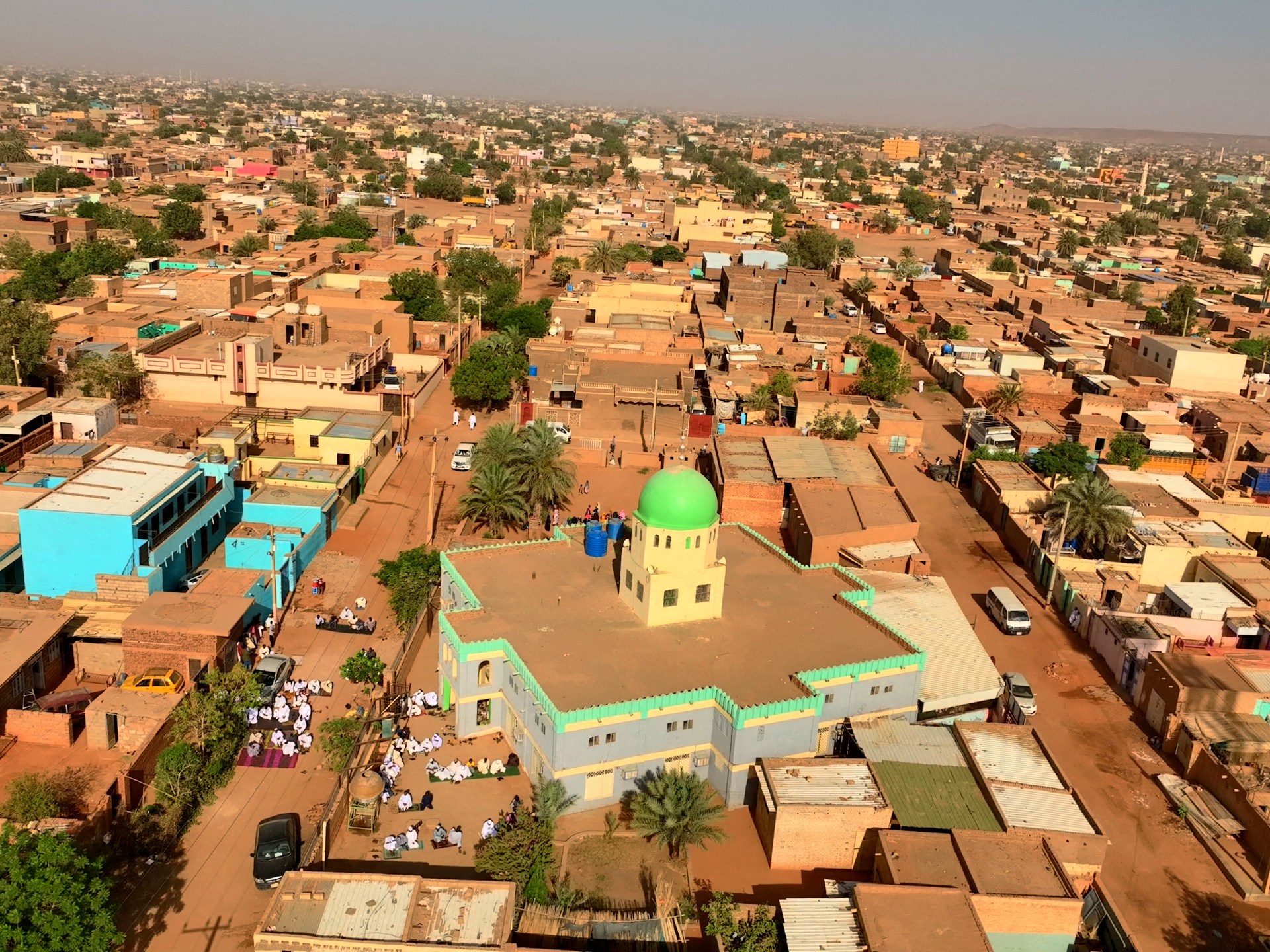Large areas in Sudan have become outside communication and Internet coverage (Reuters)
Sudanese human rights organizations and activists expressed their concern that the ongoing internet outage, for the third day in a row, would affect the humanitarian conditions in the country and create conditions for the commission of new crimes.
The Mashad Center for Human Rights condemned the step “taken by the Rapid Support militia to cut off communication networks and infringe on the main divisions of telecommunications companies in Khartoum.” He described it as a "blatant violation of human rights" because of the "serious harm to the daily lives of citizens."
The center expressed its concerns that the Rapid Support Forces' cutting off communications networks "may constitute a cover for crimes and violations" and threaten the lives of civilians and humanitarian interventions.
⚠️ Confirmed: Network data show a disruption to multiple internet providers in #Sudan, where connectivity levels are already highly diminished due to ongoing conflict; operator MTN Sudan reports service failures due to circumstances beyond their control 📉 pic.twitter.com/MYrsBs1s3Q
— NetBlocks (@netblocks) February 3, 2024
An expert and former official in the Sudanese Communications Authority told Al Jazeera that the Rapid Support Forces have already ordered the Sudanese and MTN Communications companies to cut off communication and Internet services for 36 million subscribers in the country, because Sudatel was unable to maintain the fiber optic network cable for Darfur due to the war. Which led to a number of Darfur states being cut off from telecommunications and Internet services.
The former official in the Communications Authority - who preferred to withhold his name - confirmed that the Rapid Support Forces control the areas where the main servers of the two companies are located, and warned that the problem goes beyond the interruption of communications and the Internet to affect banking applications, and closing the main servers randomly or sabotaging them makes it difficult to operate. Restart, and it may cause Sudan to be completely cut off from the world for a long period.
Statement Regarding The Telecommunication Blackout In Sudan
We at the Sudanese American Physicians Association (SAPA) strongly condemn the ongoing telecommunication blackout in Sudan, which has rendered almost 65% of the country's population unreachable.
The situation has… pic.twitter.com/Exd8x4bz9r
— SAPA-Sudanese American Physicians Association (@SAPA_ORG) February 4, 2024
Sudani and MTN announced the network outage in the country without mentioning the reasons for the sudden outage.
MTN said in a post on Facebook on Friday, “We apologize for the network outage currently, and our team is working with its utmost effort to restore service as soon as possible to ensure your connection and communication.”
Local media reported that Zain's network had been out of service in Port Sudan since Sunday, with it fluctuating in various states.
According to "NetBlox", network data showed a defect in many Internet service providers in Sudan, and connection levels decreased significantly, according to what the organization specialized in Internet security reported on the X platform.
Citizens in Darfur were forced to use satellite communication networks (Starlink) due to the interruption of communications networks in large parts of the region for months, according to the local "Radio Dabanga".
Journalist Khaled Ali wrote through his account on the
Another commented, saying, “Cutting off the network means lack of access to citizens in conflict areas and a media blackout on the crimes of the Rapid Support Militia. They commit the worst crimes, and document them themselves in the face of media exposure, so what if communications are cut off!”
Doctor Yasser Amin believes that cutting off communications in Sudan inevitably means “increasing people’s suffering and paralyzing the ability of humanitarian organizations to work.”
The Sudanese American Doctors Association strongly condemned the communications outage, which made it inaccessible to approximately 65% of Sudan's population.
The association said, in a statement through its account on the
Source: Al Jazeera

